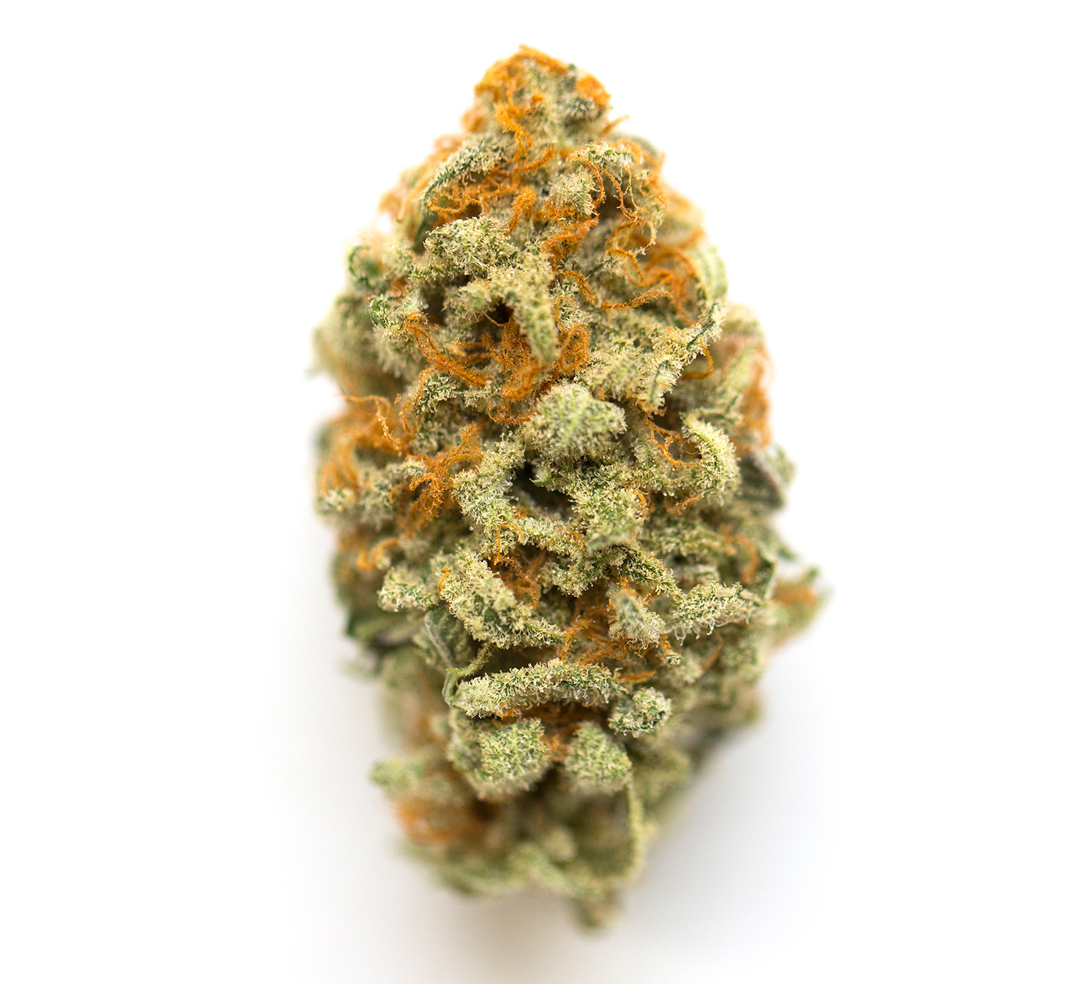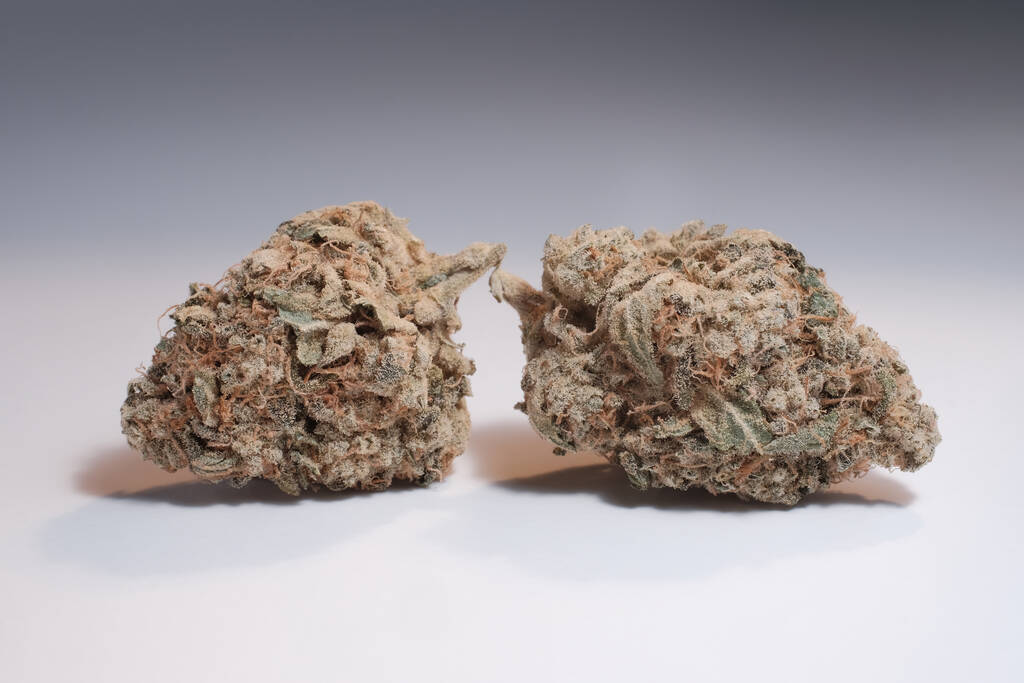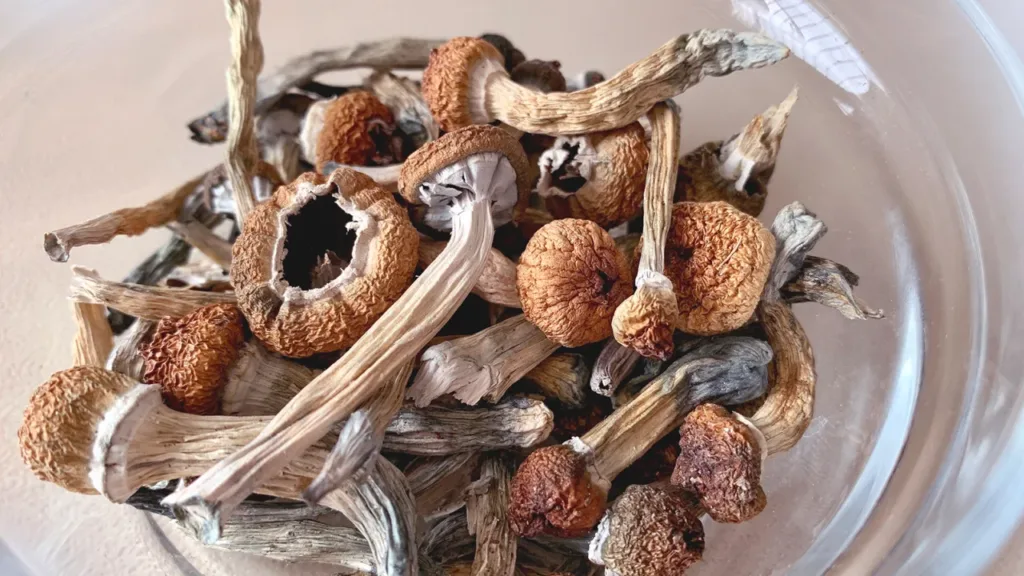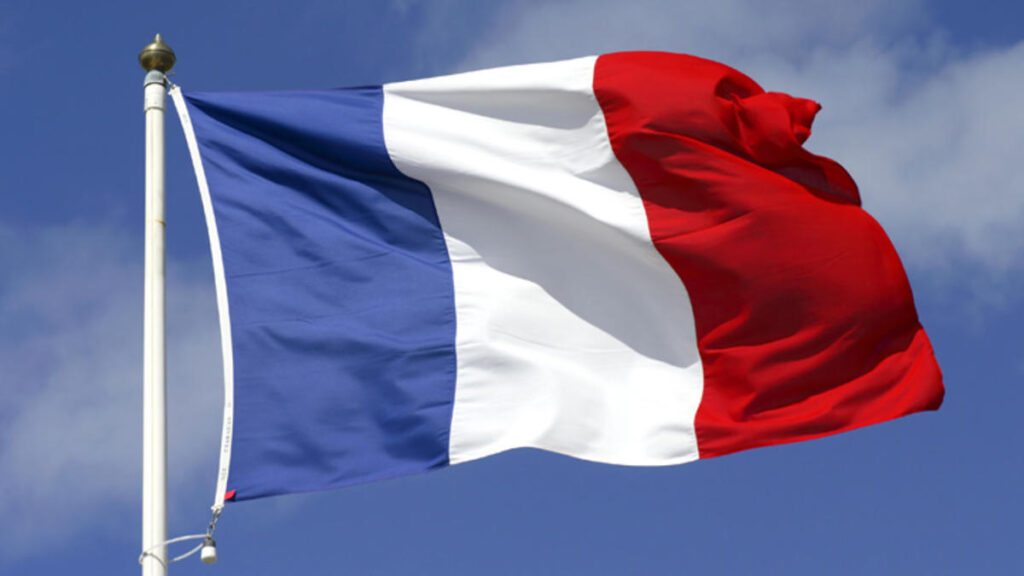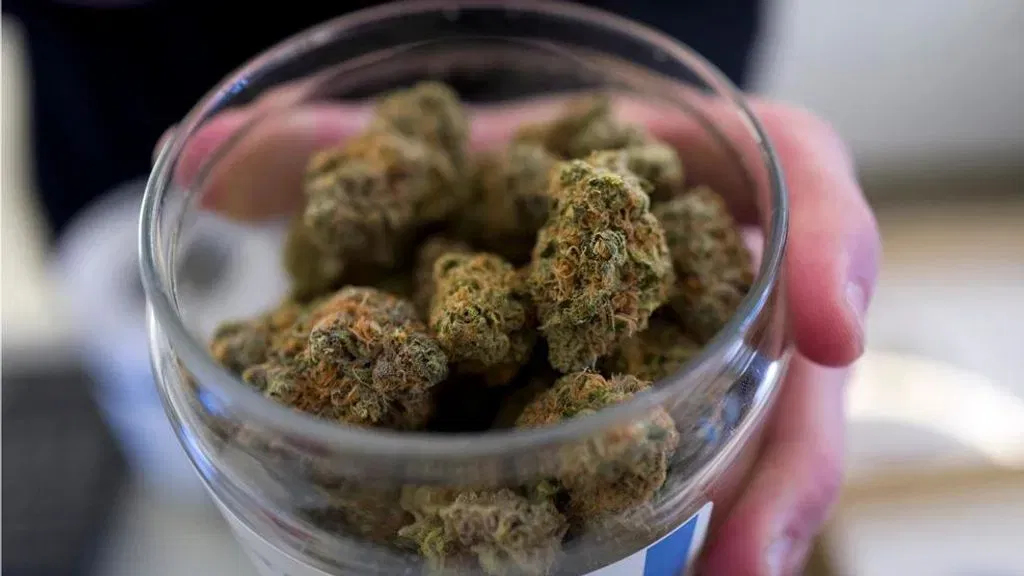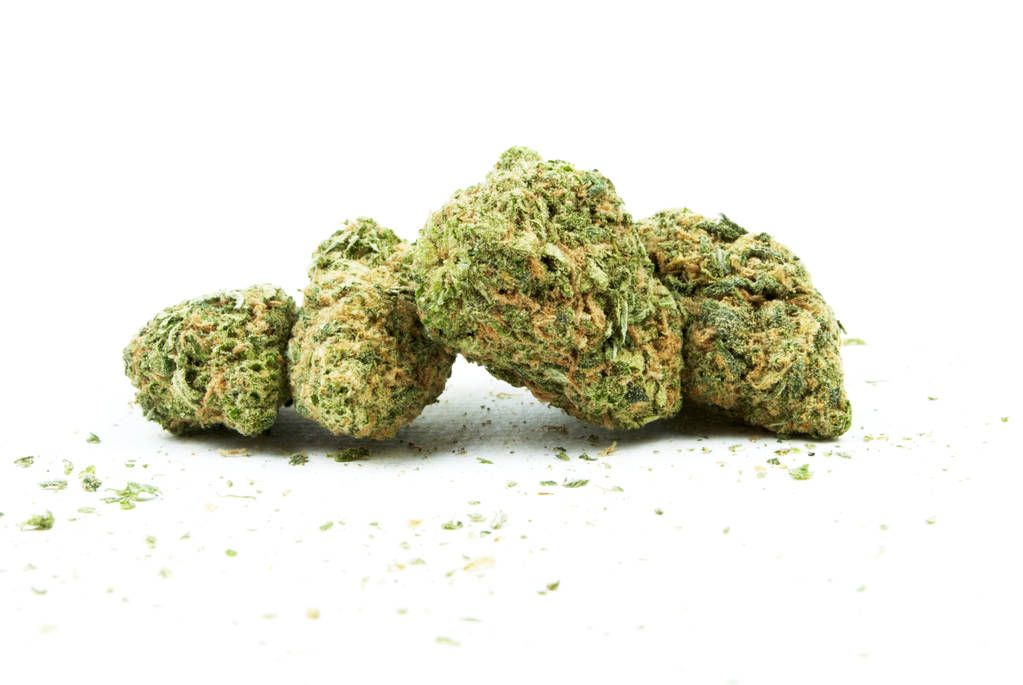Maryland’s marijuana industry recorded $88,037,944 in total sales for February 2025, bringing the total for FY 2025 to above $1.8 billion, according to newly released data from the Maryland Cannabis Administration.
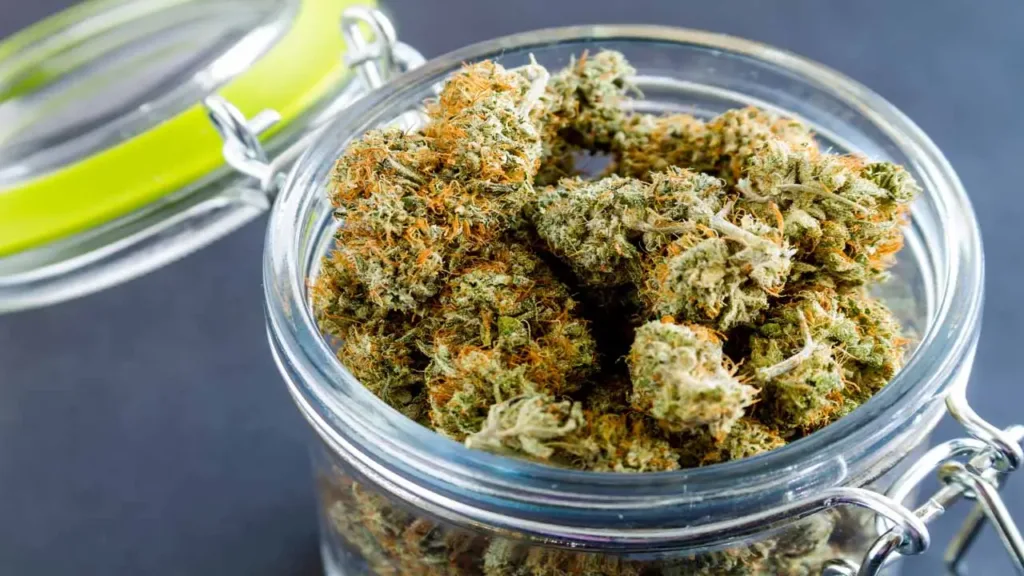
Of that total, adult-use sales accounted for $66 million, while medical marijuana sales made up the remaining $22 million. The total figure is nearly identical to the $89 million sold in February 2024.
The average price per gram in February remained at $9. Dried marijuana flower led sales, generating $50 million in revenue, followed by concentrates at $26.5 million and edibles at $10.5 million. The remaining sales were classified under the “other” category.
Continue reading

